Gravel is a coarse aggregate of partially or mostly rounded rock fragments larger than sand grains but smaller than boulders. It is categorized by the size of the pieces of which it is composed. Gravel is widely used in construction all over the world.
Aggregate refers to a broad category of coarse particulate material used in construction, including sand, gravel, crushed stone, slag, recycled concrete and manufactured aggregates. Aggregates can also be a component of composite materials such as concrete and asphalt concrete.
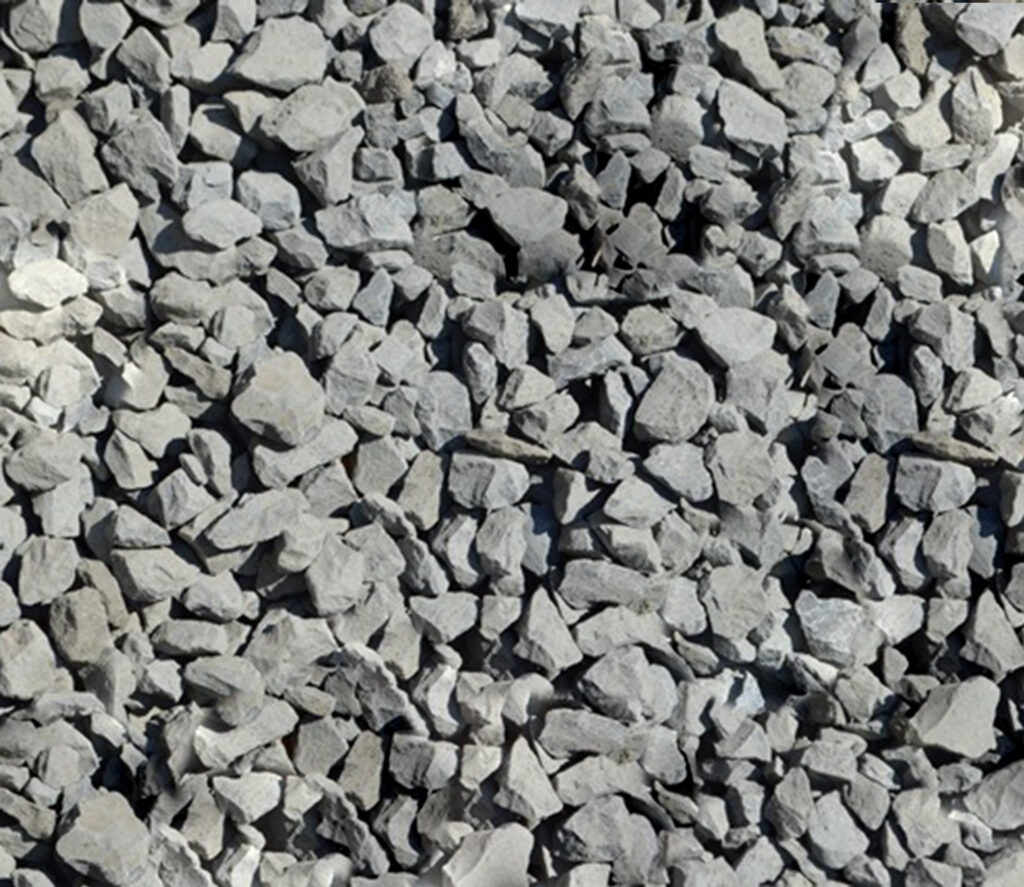
Blue metal is a robust and high-strength quarried aggregate commonly used in construction projects due to its durability and load-bearing capacity. It is widely utilized in road construction, concrete production, and other infrastructure projects. Blue metal comes in various sizes depending on its intended application, with its main use as a drainage aggregate.
The term “drianage aggregate” is a more general term to describe its intended use. Drainage aggregates are essential for managing water flow, preventing erosion, and maintaining efficient drainage systems. 20mm Blue metal is a type of drainage aggregate. They are commonly used in landscaping projects and the construction of drainage systems.
The most common BlueMetal aggregate is from basalt, however it can come from other rock types.
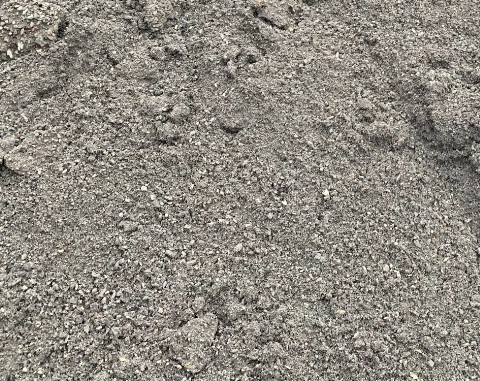
Drainage ash, also known as filter ash, is a type of filler material used in landscape drainage systems. It consists of fine ash particles that are screened and processed to provide drainage and aeration for plant roots. Ash is a waste product from coal power plants and other industrial sources, so drainage ash offers a way to reuse this material.
Drainage ash is often used under raised garden beds, around new plantings, under lawns, and in French drains or other landscape drainage systems. It helps improve conditions for plant growth by promoting both good drainage and aeration of the soil. The fine particles of ash lock together when compacted to form a stable base that will not wash away.

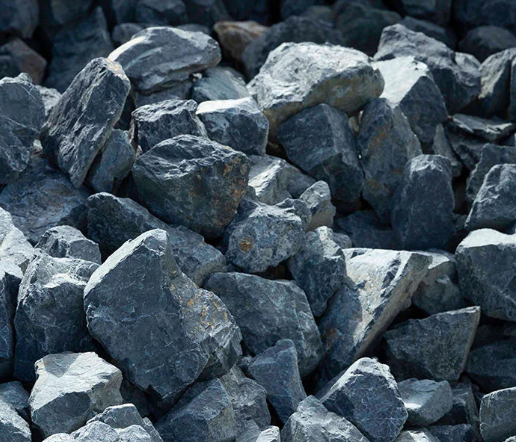
Gabion rock is a type of construction material composed of stacked rock-filled wire cages called gabions. Gabions are essentially cages, boxes or containers filled with rocks, concrete, sand or soil which are used to stabilize embankments, slopes and foundations, protect riverbanks, construct retaining walls, and form erosion controls.
Gabion rock is typically used in civil engineering and construction projects where embankments or retaining walls are required. The flexible wire cages allow the rock fill to deform naturally under load and redistribute stress within the structure. This makes gabion construction more resilient and self-stabilizing compared to rigid structures.
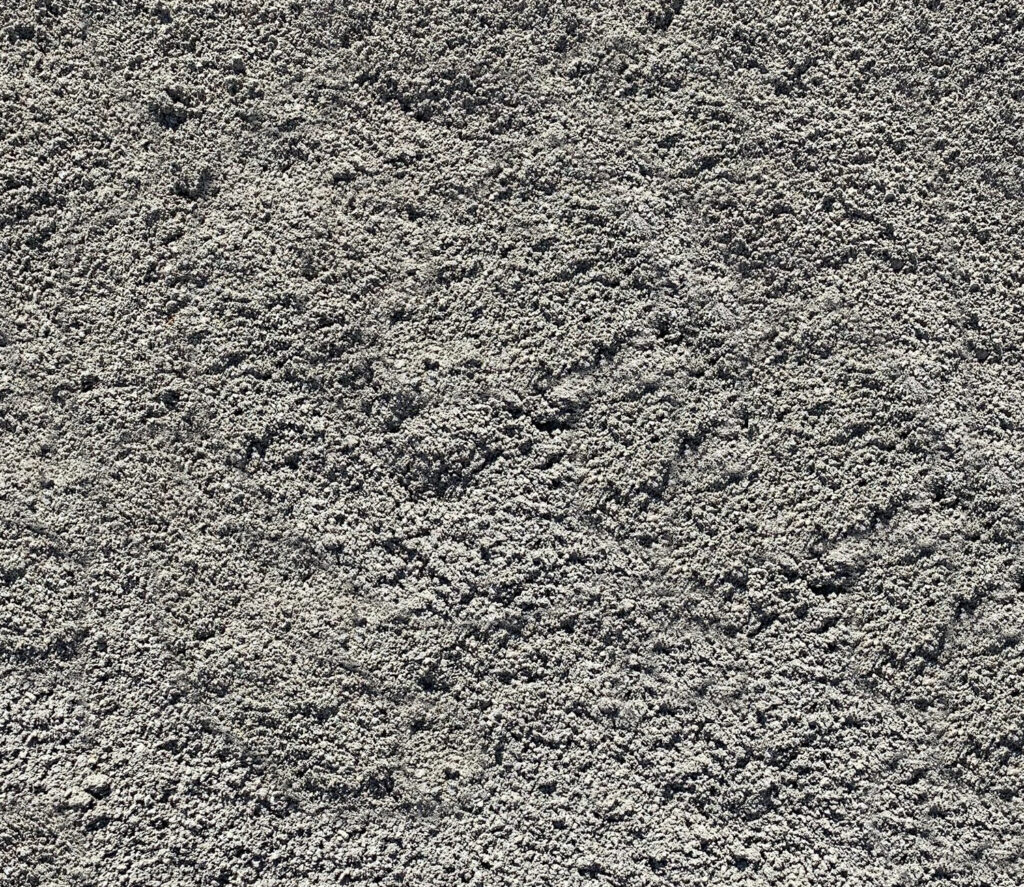
Crusher dust, also known as quarry dust or stone dust, is a byproduct obtained during the crushing process of rocks into smaller particles for use in construction. It consists of crushed stone and mineral particles produced when rocks break down. The material contains a mixture of particle sizes ranging from fine powder to larger fragments.
The characteristics of crusher dust can vary depending on the source rock. It is commonly used as a base or bedding material in construction projects due to providing stability and compactness. The rough texture also improves drainage and prevents erosion. With its versatility and practicality, crusher dust has become a popular choice in the construction industry.

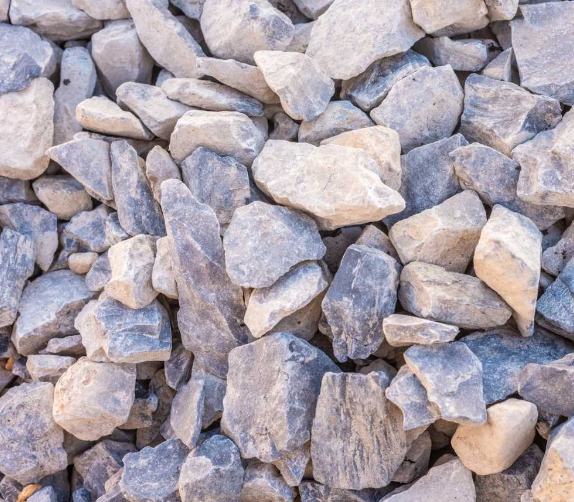
Ballast refers to a layer of loose rock or gravel that is used as a base material in construction.
Driveway ballast is a layer of aggregate stone material used to stabilize a gravel driveway. It provides a firm base for the gravel on top and helps prevent erosion, rutting and potholes.
Common types of ballast include:
Crushed stone – This is the most common ballast material. It consists of crushed limestone or granite of a specific size. The individual stones are angular in shape.
Gravel – Gravel is a natural ballast material consisting of small rounded stones. While less durable than crushed stone, it is cheaper and easier to work with.
Recycled concrete – Recycled concrete from demolished buildings can also be used as ballast. It provides a stable base but is not as durable as crushed stone.
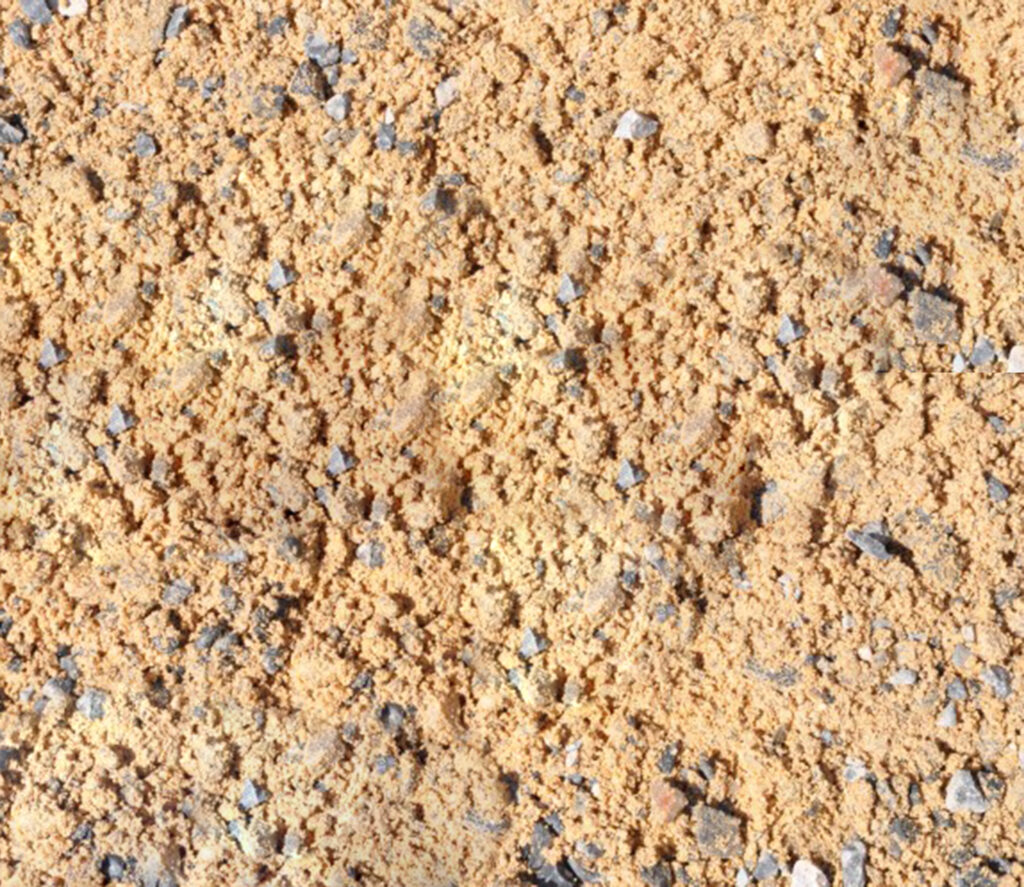
Sand and gravel mix, also called Corefill, refers to a mixture of sand and gravel in specific proportions.
The proportions of sand and gravel in the mix depend on the intended use. For example, a mix with higher gravel content is used as a base layer underneath pavements and slabs while a mix with higher sand content is used as bedding material for pipes and drainage. Uses include:
As a base layer underneath concrete floors and pavements. The voids between the sand and gravel particles allow for drainage and compaction.
As backfill material behind retaining walls and foundations as well as filling cavities in blocks. The mix provides structural support and drainage for the walls.
As bedding and pipe surround material during installation of drainage pipes and sewer lines. The mix provides support and stability for the pipes.
As sub-base material underneath asphalt pavements. The sand and gravel particles interlock to form a sturdy and stable layer for the asphalt surface.

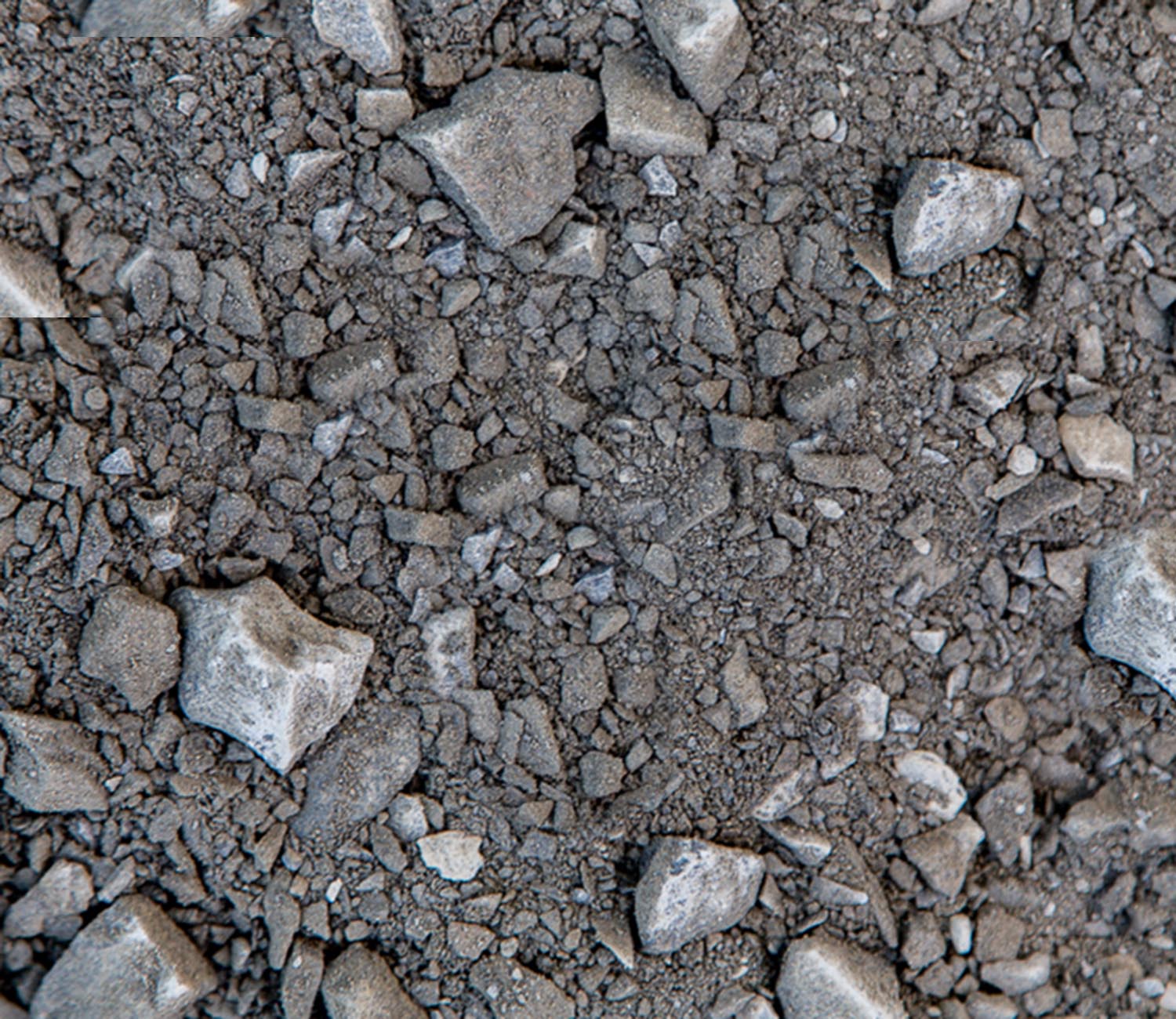
Road base gravel is specifically designed for road construction., although it can be used for other purposes. Engineered to offer excellent load-bearing capacity and effective drainage properties, road base gravel ensures the durability and reliability of road infrastructure. It provides a solid foundation that can withstand heavy traffic and adverse weather conditions. With its superior compaction characteristics and stability, road base gravel is a vital component in the construction of long-lasting and resilient roads.
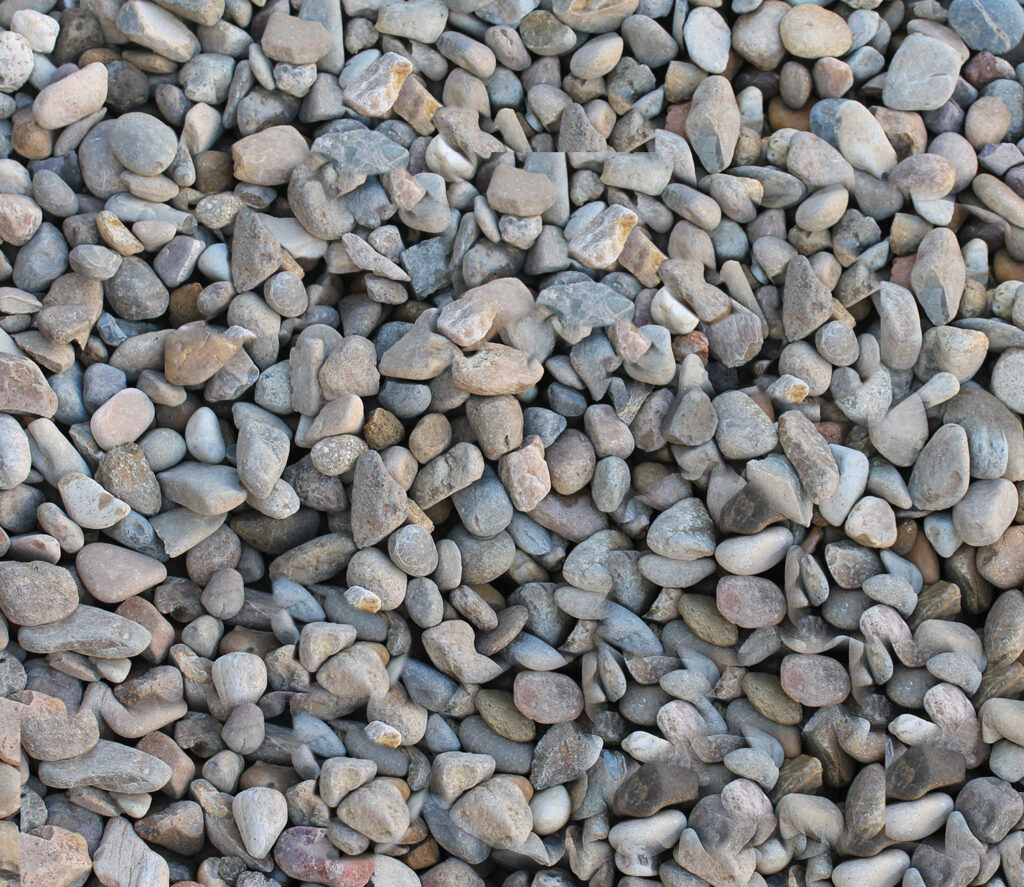
Decorative gravels and pebbles are small, smooth stones available in an array of colors and shapes. They serve primarily as an aesthetic enhancement for outdoor spaces. These decorative stones add visual appeal to garden beds, water features, and pathways, creating an inviting and picturesque environment. Whether used to highlight specific areas or to create intricate designs, decorative gravels and pebbles offer endless possibilities for creative landscaping.

With a simple screen layout and step by step ordering process, ordering sand supplies takes less than under 2 minutes
View and compare prices from nearby Suppliers up front so you can decide what’s best for you – distance, price or material quality
We embody precision. Our drivers have all the information they need to provide a top delivery service, and you get three delivery options
Crusher dust, also known by some suppliers as packing sand, quarry dust or stone dust, is a byproduct obtained during the crushing process of rocks into smaller particles. It is often used as a base or bedding material for paving stones (although it has its cons which you must read about here), concrete slabs, and other construction projects, providing stability and compactness
This refers to small rounded gravel between 3mm to 8mm in diameter collected from river beds. Sometimes referred to as Pea gravel, it is often used as a decorative mulch in garden beds and around landscaping features. It comes in a variety of colors and is permeable to allow for water and air flow to plant roots.
Also known as cream quartz dust, or Rhyolite Dust, DG consists of small particles of granite between 3mm to 15mm in size. Decomposed granite is commonly used as a low-cost groundcover in dry climates. It often requires re-compacting and sealing every few years to maintain its appearance. Its great for pathways and is incredibly sturdy due to the granite.
Larger gravel between 10mm to 40mm is used as a base layer beneath pathways, patios and driveways. The larger size allows for better drainage and provides a stable base for the surface material. Gravel path base is often made from crushed limestone, gravel or recycled concrete.
Gravel is an incredibly versatile material that finds its utility in a wide range of applications. Here are some common uses of gravel:
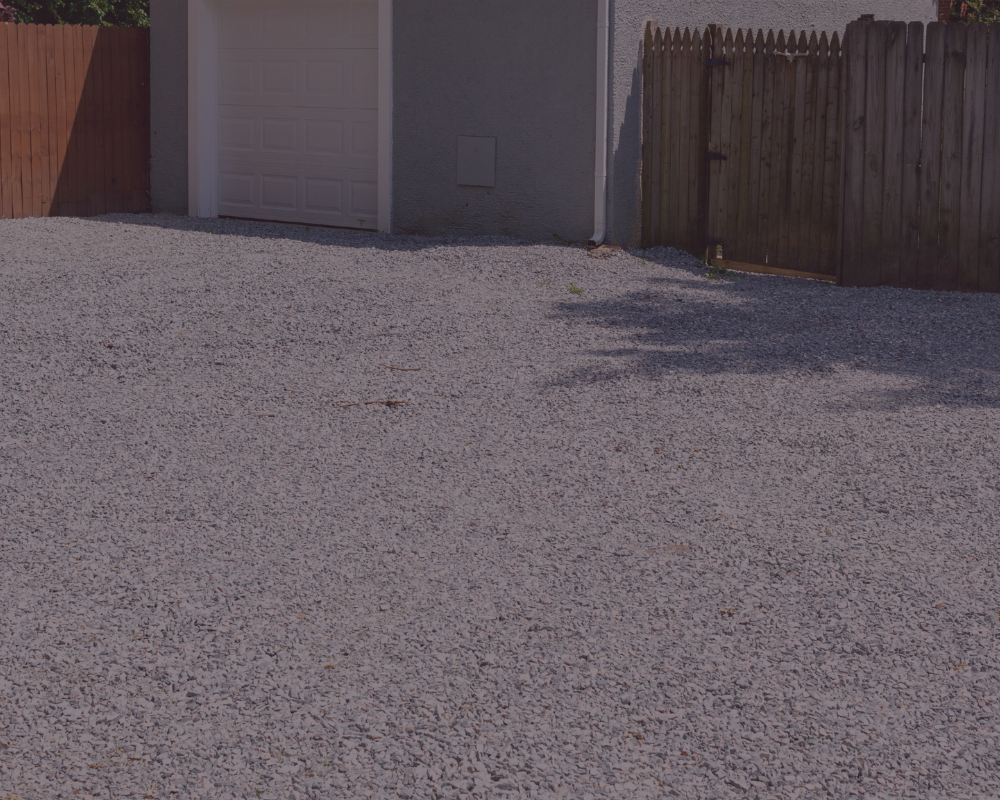
Gravel is a popular, durable, and cost-effective choice for driveways. It provides a sturdy and easily maintainable surface with excellent traction and drainage. Whether residential or commercial, gravel withstands heavy loads and daily wear. Its versatility allows customization with different types and sizes to achieve desired aesthetics and functionality.
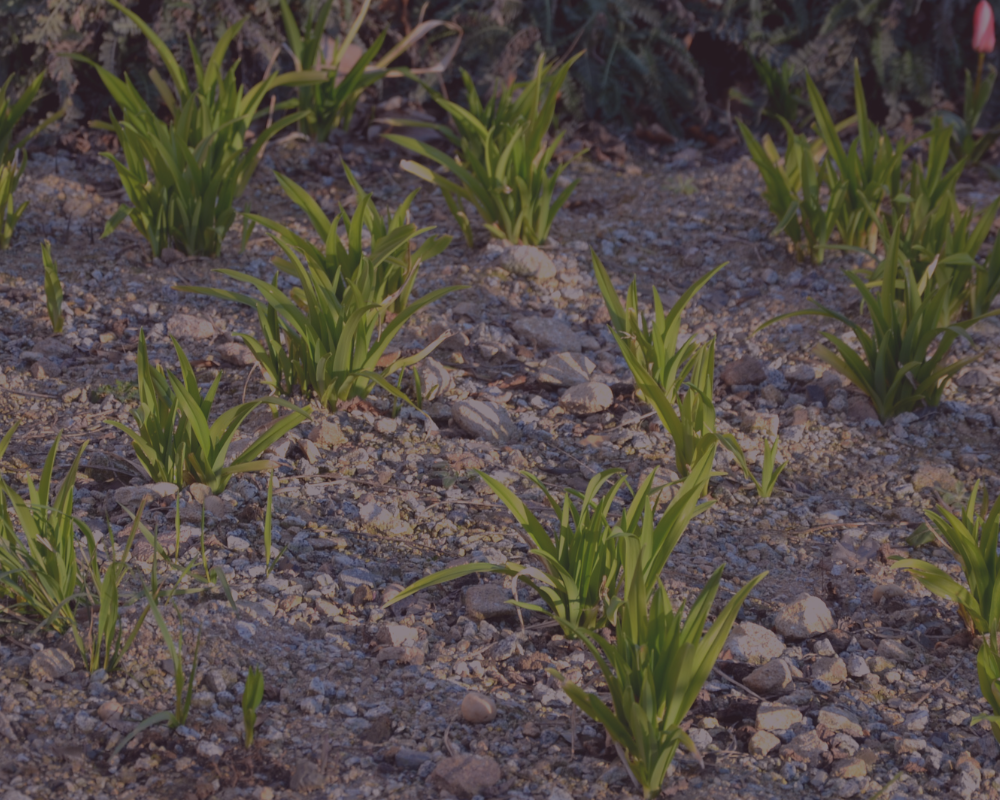
In regions prioritizing water conservation, gravel serves as an excellent substitute for organic mulch. It aids in moisture retention, weed control, and prevents soil erosion. Unlike organic mulch, gravel doesn't decompose, reducing the need for frequent replenishment. It's a low-maintenance option for areas emphasizing aesthetics and water conservation.
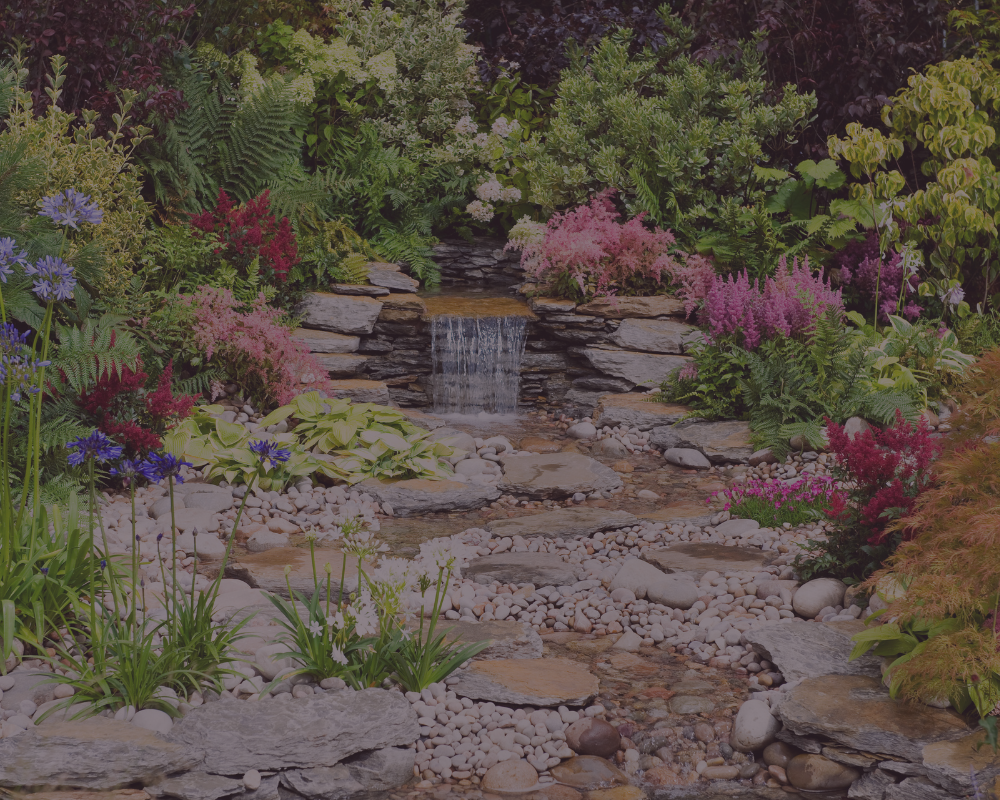
Gravel enhances the aesthetics of water features like ponds, fountains, and water gardens. It adds a natural and elegant touch, creating visually appealing borders. Additionally, gravel assists in water filtration and maintenance by providing a permeable surface. With various colors and sizes available, you can choose the perfect gravel to complement your water feature's style and design.
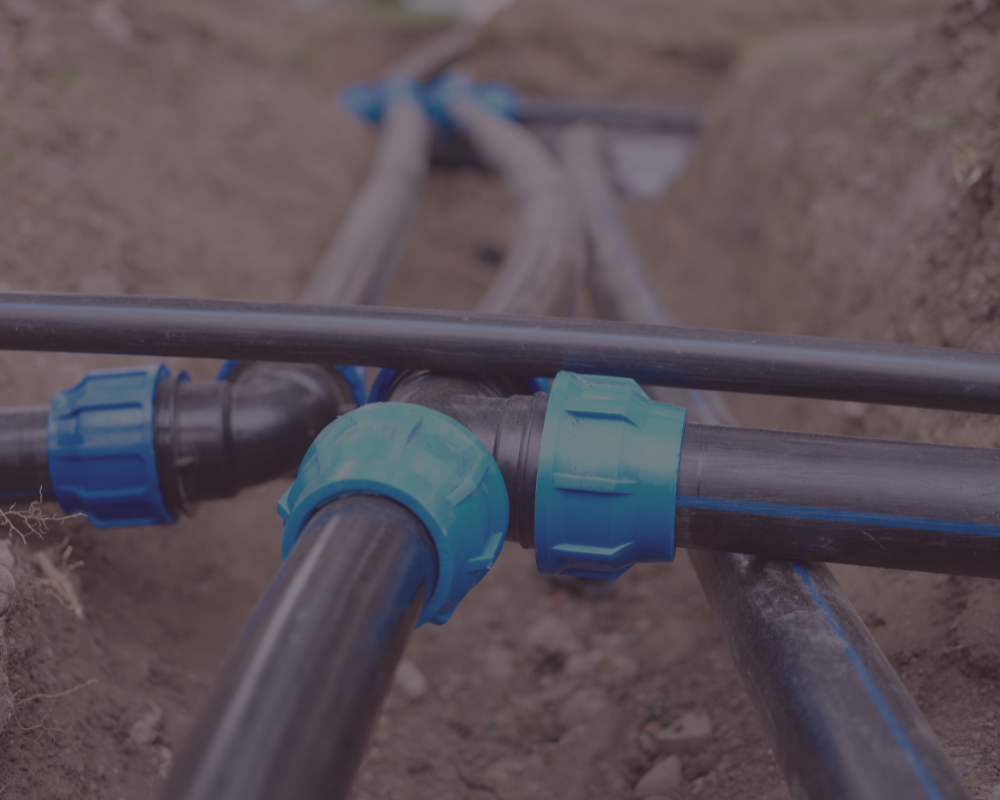
Gravel plays a crucial role in drainage systems, preventing waterlogging and erosion. It's commonly used in projects like French drains to facilitate the flow of excess water. The porous nature of gravel allows water to percolate through, reducing the risk of damage to surrounding structures. By managing water runoff effectively, gravel helps maintain the integrity of your property's landscape.
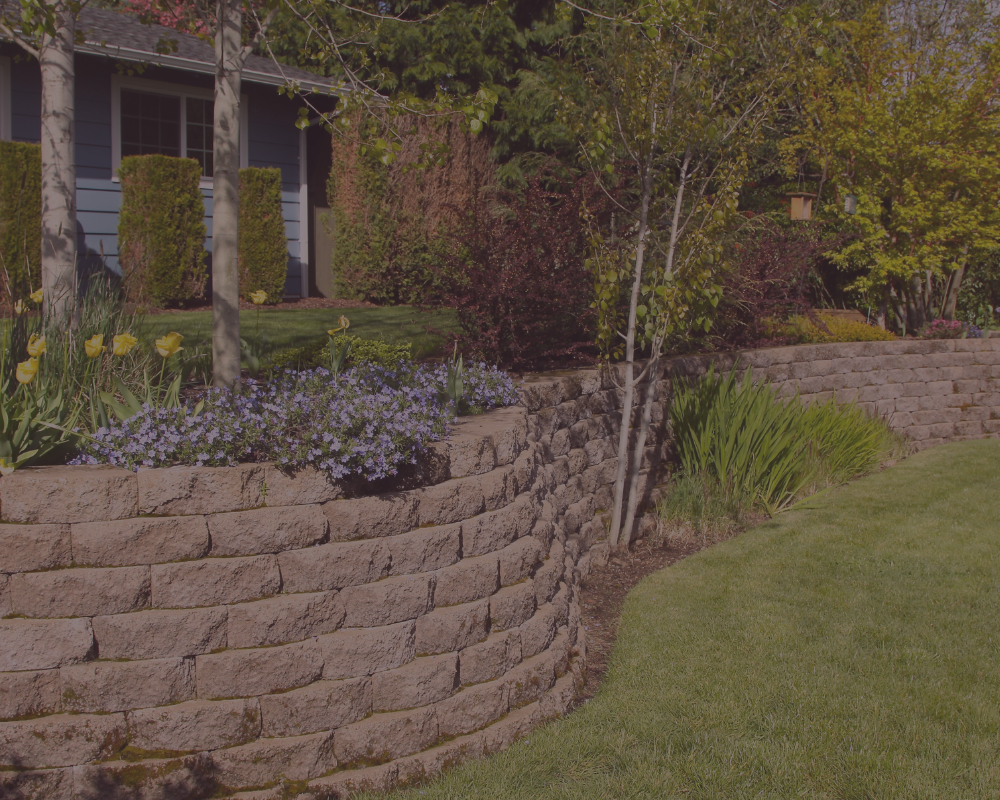
Gravel provides structural support as backfill for retaining walls. It promotes efficient drainage, reduces pressure, and increases overall stability. By allowing water to drain away from the wall, gravel prevents hydrostatic pressure buildup. Additionally, using gravel as backfill enhances the aesthetics of retaining walls, providing a visually appealing contrast.
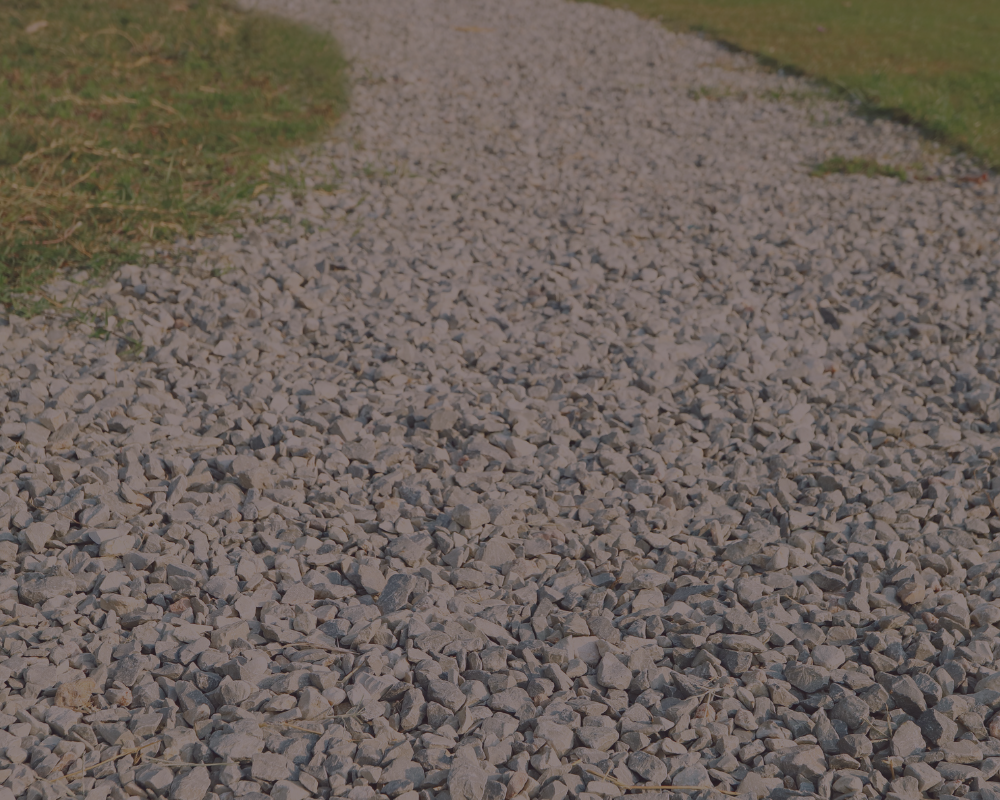
Gravel paths offer a rustic and natural look to outdoor spaces. The choice of gravel type influences both functionality and appearance. Smoother gravel like pea gravel is preferred for walking paths, providing a comfortable surface. Coarser gravel with angular edges is suitable for driveways and areas with heavier traffic. With various colors and sizes available, you can create customized designs to suit your needs.
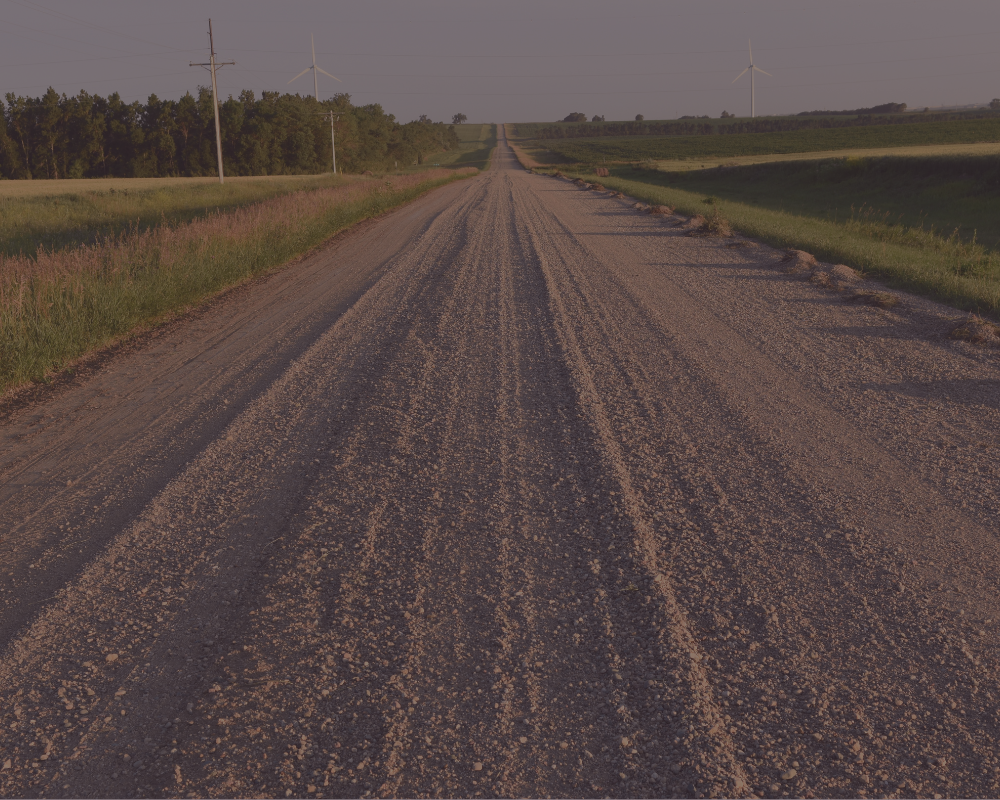
Gravel is extensively used in road construction, especially in rural areas and construction sites. It offers a cost-effective and sturdy surface capable of withstanding heavy traffic. Gravel roads provide good traction even in adverse weather conditions. Additionally, gravel minimizes dust and mud, common issues in unpaved roads. With proper maintenance, gravel roads provide a smooth and durable transportation route.
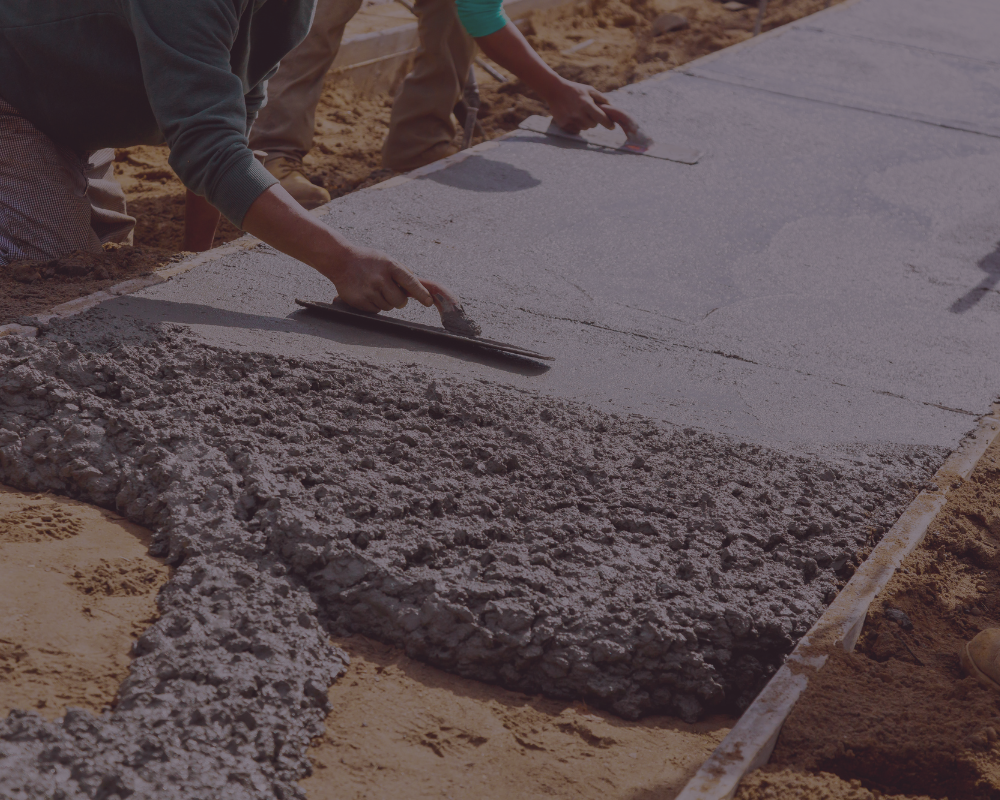
Gravel paths offer a rustic and natural look to outdoor spaces. The choice of gravel type influences both functionality and appearance. Smoother gravel like pea gravel is preferred for walking paths, providing a comfortable surface. Coarser gravel with angular edges is suitable for driveways and areas with heavier traffic. With various colors and sizes available, you can create customized designs to suit your needs.

The amalgamation of sand and gravel results in a versatile mix that caters to diverse construction needs. This combination, commonly referred to as sand and gravel mix, and sometimes “Corefill”, offers a robust aggregate suitable for an array of applications.
Its usage spans from concrete production, where it enhances the structural integrity of the mixture, to serving as a stable base for driveways. The mix’s durability and stability make it a preferred choice for constructing pathways and driveways, ensuring longevity and resilience in these high-traffic areas.
The best type of gravel for driveways in Australia depends on factors like cost, availability and intended use. Here are a few top options:
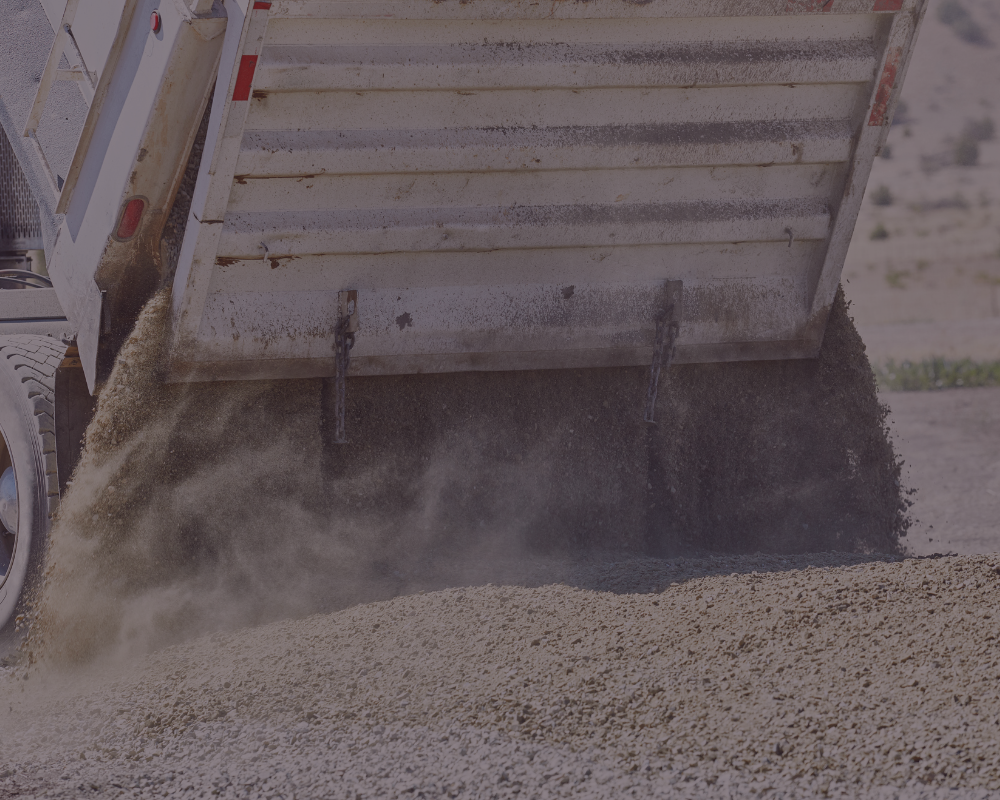
There are a few materials that are commonly used for driveways in Australia, with their suitability depending on factors like cost, durability, and the type and volume of vehicle traffic. The best material to use ultimately comes down to balancing these considerations for your specific needs and budget.
For most residential driveways in Australia serving light to medium vehicle use, a larger aggregate like 10mm to 20mm blue metal or road base, or a cheaper river gravel is often the best material. However smaller aggregate such as crushed rock is also very popular, and aesthetically better also.
For larger aggregates, these provide:
Good stability and load bearing capacity
Effective drainage
A smoother surface that is easier to maneuver on
Less weed growth issues
Longevity when designed and installed correctly
Larger aggregates are also cost-effective for most homeowners. However, for driveways that see heavier vehicle use or have high traffic volumes, more durable materials like crushed rock or asphalt may be a better choice.
While crusher dust is an affordable option, it provides less stability and longevity for the reasons mentioned earlier. However, crusher dust can be a suitable material for lower use driveways where cost is the primary consideration.

There are a few main types of crushed rock and aggregates commonly used for driveways in Australia, with different colours based on the source material:
Granite – Crushed granite (See Decomposed Granite below) produces an angular aggregate that is very hard-wearing. It is often grey, tan or reddish in colour and tends to remain stable over time with little movement of particles. Granite is a popular choice for driveways due to its durability. You can read more about it below.
Limestone – Limestone aggregates are typically cream to light tan in colour and are also very durable. However, they are softer than granite, which means they can become slightly rounded over time with use and weathering.
Basalt – Basalt is a volcanic rock that is crushed to make a black or dark grey aggregate. It is very hard and holds up well against impacts and weathering. Basalt is often used for more decorative driveways due to its dark colour. Read more about basalt crusher dust below.
Quartzite – Crushed quartzite produces a light tan to beige aggregate that is very angular, hard and durable. It is resistant to weathering and acids, making it a good choice for driveways. The light colour of quartzite helps to reflect heat.
In addition to these natural stone aggregates, there are also coloured aggregates produced using various dyes and pigments. These can include red, brown, green and multi-coloured options – allowing homeowners to create unique and decorative driveways. The coloured aggregates generally have similar characteristics and performance as the natural stone options.
While both crusher dust and larger aggregates like 20mm blue metal and roadbase can be used for driveways in Australia, crusher dust does have some advantages in certain situations:
However, crusher dust does require more frequent recompacting and topping up of material. As the dust can become compressed and muddy, it does not have the same longevity as larger aggregates like 20mm blue metal or roadbase. So there are tradeoffs to consider for your specific needs and budget.
10mm to 20mm aggregate is a popular choice as a driveway material in Australia due to several advantages:
It provides good stability and load bearing capacity. The larger aggregate particles lock together well and can withstand the weight of vehicles using the driveway without cracking or breaking up. This makes it suitable for driveways serving heavy vehicles or with high traffic volumes.
Larger aggregate allows for better drainage. Rain and groundwater can pass through the gaps between the particles, preventing pooling on the driveway surface. This helps keep the driveway base material intact and reduces mud formation.
10mm to 20mm aggregate often produces a smoother driveway surface compared to finer materials like crusher dust. The larger particles fill in ruts and potholes more effectively, leaving a more even surface that is easier to maneuver on.
Weed growth is less of an issue. Compared to finer materials, larger aggregate is harder for weeds to take root in. This means 10mm to 20mm driveways require less maintenance to remove weeds over time.
It is a long-lasting material. Provided the aggregate base depth and subbase are designed correctly, 10mm to 20mm blue metal can form the foundation of a driveway for decades with only periodic re-grading and topping up of material.
Decomposed granite, also known as DG, is a material made from naturally weathered granite rock. It can be used as an alternative to conventional gravel for driveways in Australia, with both advantages and disadvantages:
Advantages of decomposed granite driveways include:
However, decomposed granite also has some drawbacks as a driveway material:
River gravel is another popular aggregate for driveways, particularly in rural areas or for those who like the rustoc look. River gravel is collected from stream and river beds, where water and weathering have rounded the stones into smooth rounded shapes. The size of river gravel typically ranges from 5mm to 20mm, with 10mm being a common size used for driveways.
Some benefits of river gravel driveways include:
However, there are some drawbacks to consider with river gravel driveways:
So while river gravel driveways are a cost-effective option, they do require a bit more maintenance to ensure the gravel surface remains stable and weed-free. But for a more natural, rural aesthetic, a river gravel driveway can be a good choice if you don’t mind performing some upkeep over the lifespan of the driveway.
Roadbase makes a good material for driveways due to its superior load-bearing capacity and stability compared to options like decomposed granite. Some key reasons why roadbase is suitable for driveways include:
However, roadbase does have some potential downsides as a driveway material:
• Dust issues – Fine particles within roadbase can become airborne as dust during dry periods, though not usually to the same extent as with decomposed granite.
The process of getting gravel delivered to your project site involves careful consideration of various factors, including your delivery preferences and requirements.
RUBBL is your go-to gravel delivery partner. With three effective delivery options to suit all your landscaping needs, vehicle tracking, paperless invoicing, ordering, and receiving gravel is a breeze!
There are other considerations to consider when ordering grave; or aggregates, and RUBBL has them all covered. Factors such as site access, timing, and site preparation should be taken into account to prevent delays and complications. With the RUBBL App, you can specify all this information with ease, making your delivery incredibly simple and hassle-free.
RUBBL offers a wide variety of gravel and aggregate products, including road base, Blue metal, drainage aggregate, crusher dust, sand and aggregate mix, crushed granite, driveway ballast and rhyolite Dust.
Yes, RUBBL offers a range of specialty items including coastal white and Xmas rock, which can add a unique touch to your landscaping projects.
Crusher dust is likely the cheapest option for a gravel driveway, although its not necessarily your best option. Crusher Dust is a byproduct of crushing and processing rocks to produce other aggregate products. Because of its availability as a byproduct, crusher dust tends to cost less than other gravel options. It has a fairly fine grain size which helps with compaction and stability, though you may need to add a base layer of larger gravel underneath for proper drainage. If installed correctly and maintained regularly by re-compacting and sealing, crusher dust driveways can last up to 10-15 years.
Install a layer of larger gravel at least 100mm thick underneath as a base for drainage.
Compact the crusher dust in 100mm layers using a plate compactor or roller.
Seal the surface with a gravel sealer or soil stabilizer to help bind the dust particles together and make the surface more durable.
Reapply the sealer every 1-2 years and re-compact the surface as needed to maintain its stability and appearance.
Weed growth is common so regularly pull weeds and reapply pre-emergent weed killer.
Gravel and rubble have similarities but also key differences. Both consist of broken fragments of stone, but rubble is less uniformly sized and often consists of larger, jagged pieces. Rubble is a byproduct of demolition work while gravel is a processed material.
In terms of size, gravel typically ranges from 2mm to 64mm in diameter, with well-graded mixtures containing a range of sizes. Rubble on the other hand includes much larger fragments, often over 100mm in size and irregular in shape. Rubble pieces tend to be jagged with sharp edges since they result from demolition rather than processing.
Gravel is produced through a crushing and screening process to create material suitable for specific applications. This gives gravel a more uniform size and shape, allowing it to compact well. Rubble's irregular shape and size distribution means it does not compact efficiently.
Because of these differences, rubble is generally not suitable for applications that require a well-graded aggregate. Rubble is used primarily as a low-cost fill material or for rough landscaping, while gravel is used in applications that require a well-graded material like road bases, concrete, and drainage.




RUBBL enables the ordering of your bulk materials to be efficient & effortless by digitizing the entire process. The App connects Building Contractors, Suppliers and Transporters to create a reliable and rapid way to receive your sand, stone, gravel and mulch.
Servicing the Greater Newcastle Region